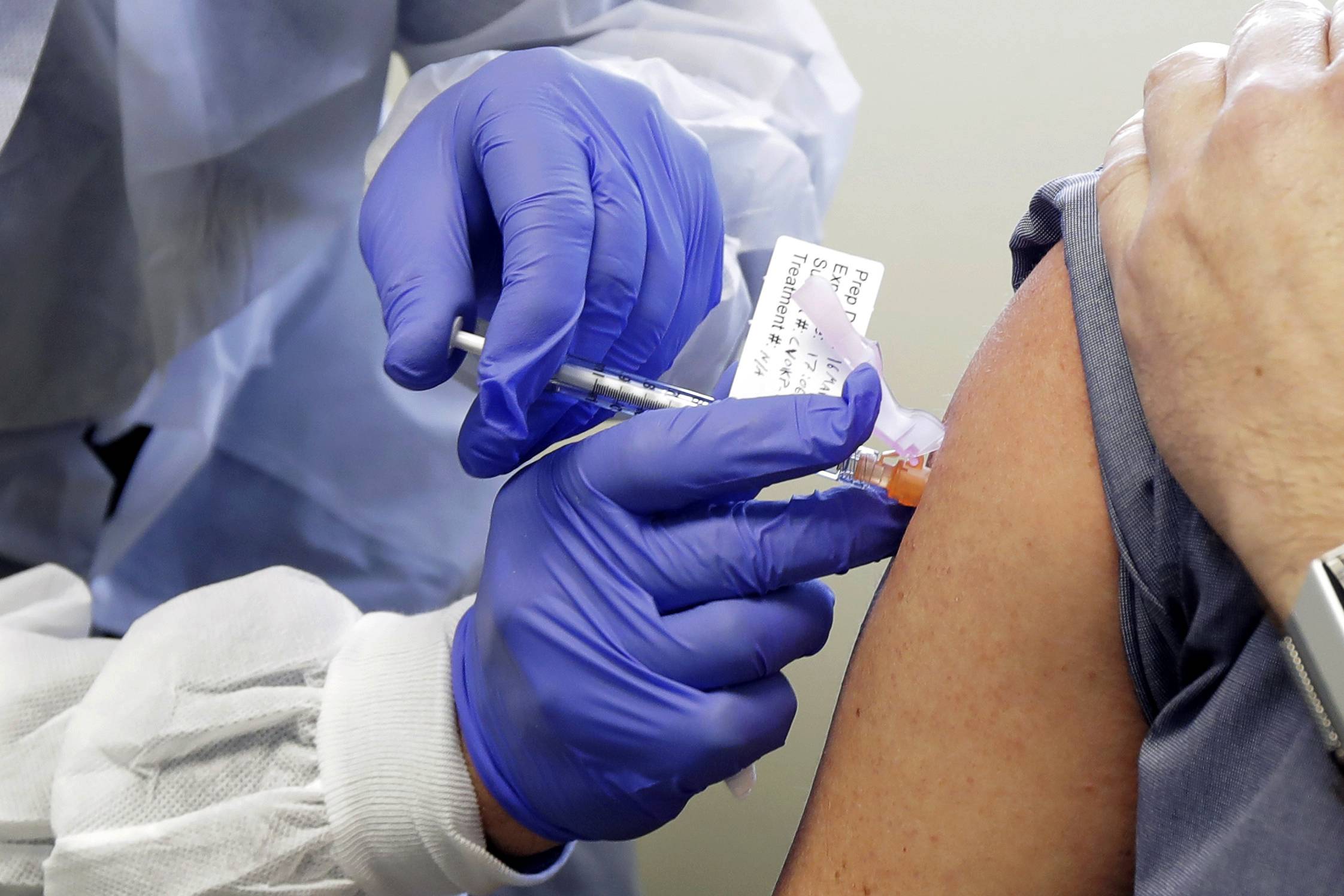The fast pace at which various laboratories are working on vaccines against COVID-19 carries both promise and peril. On Monday, Moderna Therapeutics Inc. announced the first reported data from human trials, and they are positive. That’s good news, and it arrived sooner than expected. But the parts of the project that lie ahead will be harder to accomplish with speed.
Eight patients who received low and medium doses of Moderna’s candidate vaccine appear to have developed antibodies capable of neutralizing the new coronavirus. The company didn’t have detailed data on the rest of the 45 trial participants, but all generated at least some antibodies. It was early data from a small study, though, and the limited results don’t prove that the vaccine provides broad and durable protection. Also, while there were no serious safety issues, three patients who received the highest dose of the vaccine briefly suffered modest "flu-like symptoms” after their second injection.
For this vaccine to succeed, tests ahead will need to demonstrate that it can indeed protect people from COVID-19 for an extended period, and that it will prevent substantially more harm than it causes. The bar is especially high for vaccines, because they’re given to healthy people — a COVID-19 vaccine, in particular, could be given to billions of healthy people. Of course, there’s pressure to move quickly. But some parts of the vaccine development process simply cannot be rushed.


















With your current subscription plan you can comment on stories. However, before writing your first comment, please create a display name in the Profile section of your subscriber account page.